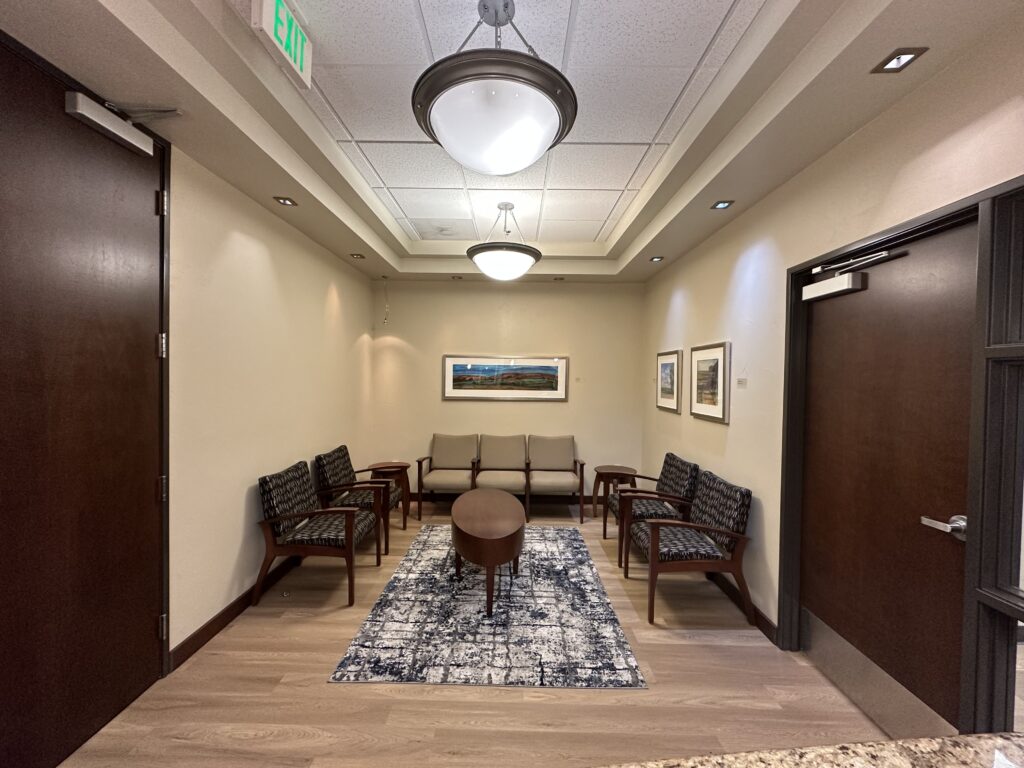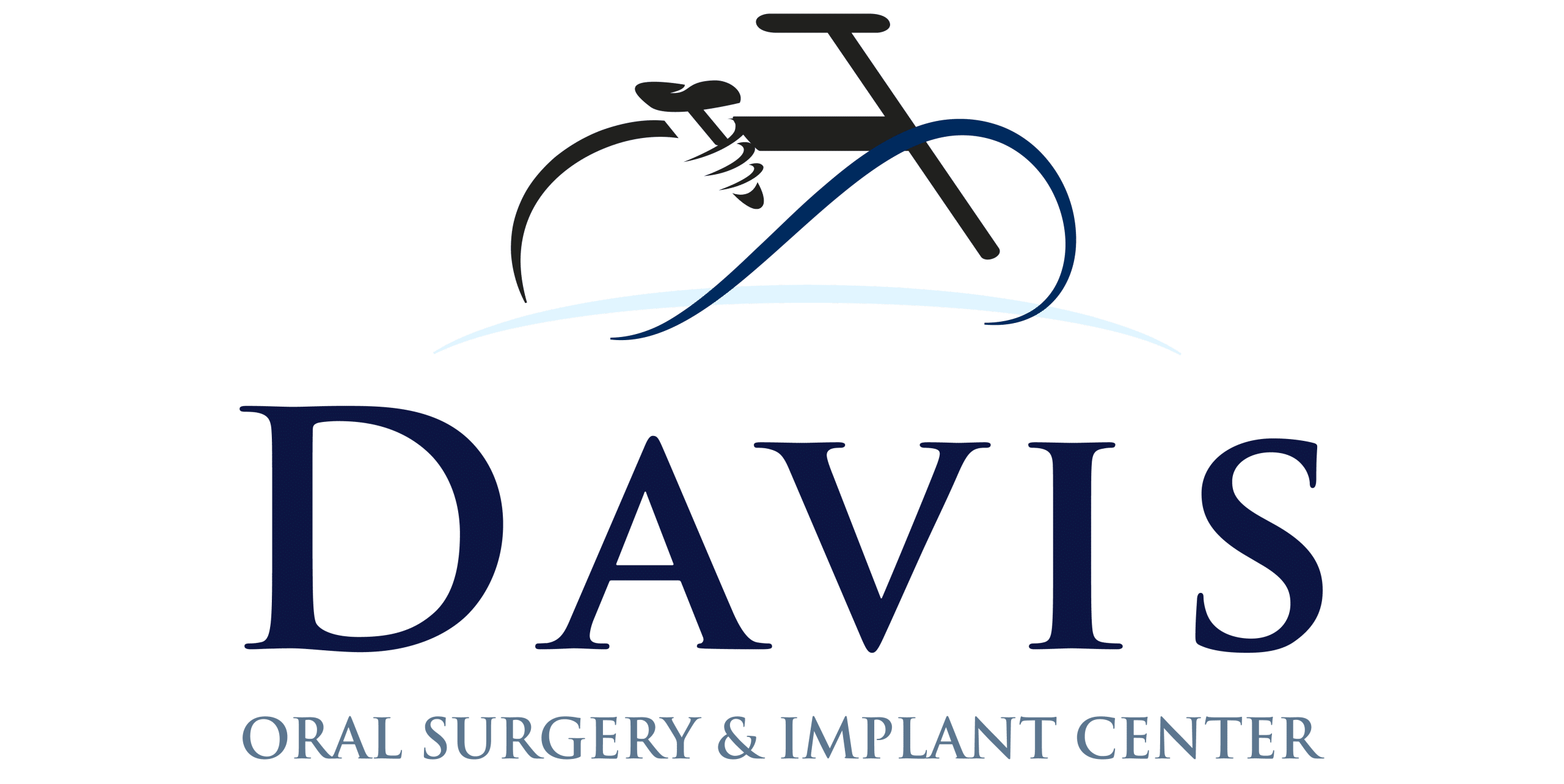Oral Surgery Procedures
Precision Surgery with a Personal Touch.

Overview
Expert Oral Surgery at Davis Oral Surgery & Implant Center
Davis Oral Surgery & Implant Center offers a range of oral surgery procedures in Davis, CA. Our skilled team is dedicated to providing high-quality care for your needs. Call 530-297-7000 to learn more and schedule your appointment today.

Check Out
Our Featured Dental Services
Our boutique oral surgery practice focuses on quality over quantity. As a patient-centric practice, we take the time to get to know each patient so that we can provide highly individualized care, meeting patient needs with care and respect. Our surgeons are also widely recognized for their expertise in IV placement, compassionate and reassuring bedside manner, and the exceptional results their patients experience.
Wisdom Teeth Removal
Bone Grafts
Dental Implants
Dentoalveolar Surgery
Dentoalveolar surgery refers to procedures of the soft and hard tissues supporting the teeth. These tissues include the jawbone and gums. The most commonly known dentoalveolar surgery is a tooth extraction.
Treatment for Facial Trauma
Facial trauma refers to injuries to the jaw and face. These serious injuries can occur due to car accidents, falls, blows to the face, and sports accidents, among other causes.
Surgically Assisted Orthodontics
While many orthodontic cases are straightforward, some require oral surgery for optimal success. Our surgeons work with trusted local orthodontists by extracting teeth…
Frenectomies
A frenectomy is a simple surgical procedure performed to release the connection of the “frenum,” a connective tissue between two tissues. There are two types of oral frenectomies that are frequently performed on both adults and children for a variety of reasons.
Oral Pathology
Oral pathology refers to diagnosing and treating diseases of the oral cavity. When a family dentist performs a comprehensive oral examination during a routine cleaning appointment, they check for unusual lesions and any possible signs of cancer.
Anesthesia for Oral Surgery
Anesthesia refers to the use of medicine to induce a temporary loss of awareness and sensation. While local anesthesia eliminates painful sensations, general and IV anesthesia are useful tools in oral surgery in that they address other aspects of the procedure…
